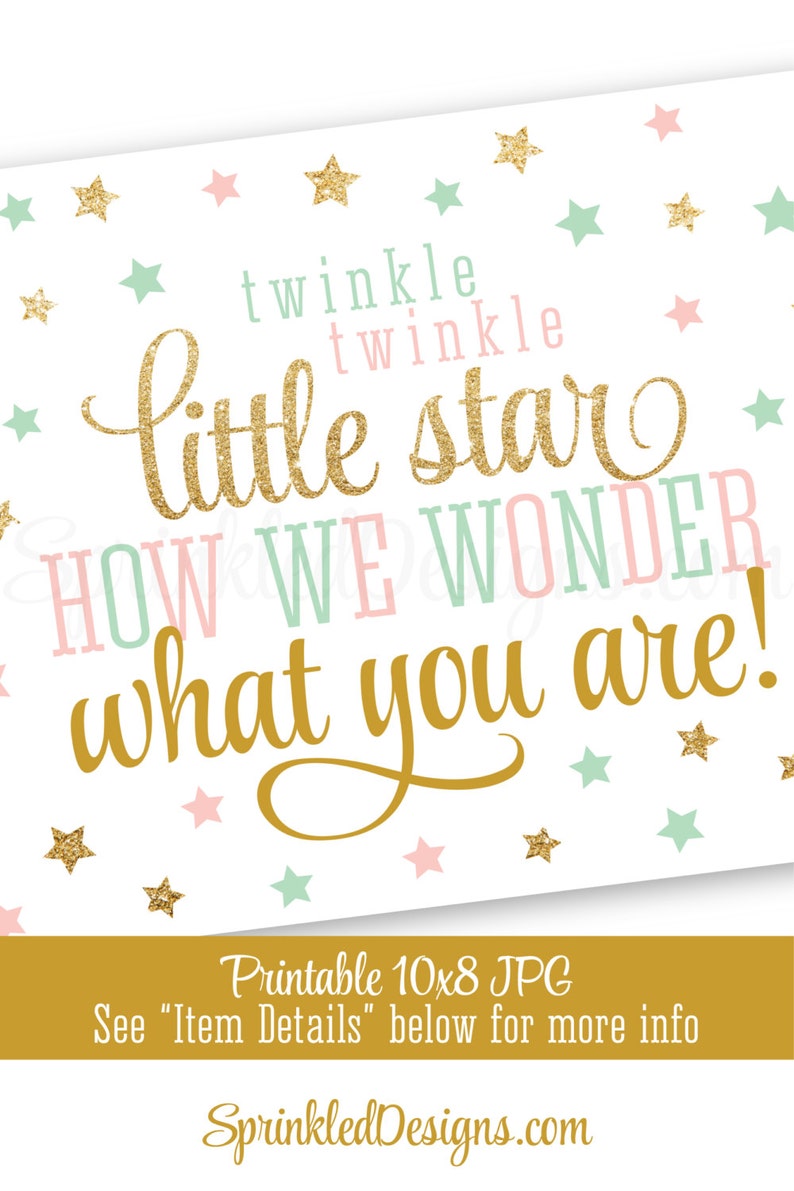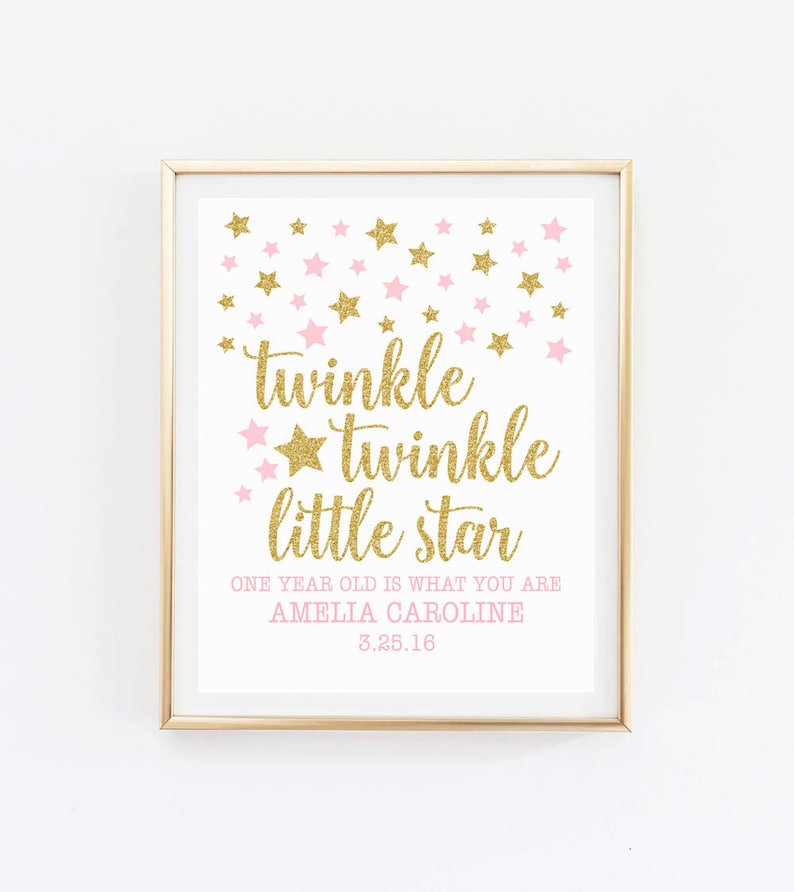
Because having incredible taste should never be sacrificed. Because buying gifts should be as exciting and exciting as receiving them.

Among other songs that have made use of the melody are “Baa, Baa, Black Sheep,” the alphabet song (“A-B-C-D-E-F-G”), and a German sing-along (“Ist das nicht ein Schnitzelbank?”).Because your child's nursery should be her own safe and fashionable paradise. Although some scholars have suggested that the tune might be as old as 1740, the identity of its composer is still a mystery.Īs for “Twinkle, Twinkle, Little Star,” it originated as a poem written by the English author Jane Taylor and was published in 1806 as “The Star.” Sometime later the poem was set to the melody of “Ah, vous dirai-je, Maman.” (The earliest known appearance of the words and music together dates to 1838.) As you may have already realized, it’s not the only set of alternative lyrics for the tune. The collection is attributed to a man named Boüin, but there is no evidence that he personally wrote the music. The melody of “Ah, vous dirai-je, Maman” was first published (without words) in Les Amusements d'une Heure et Demy (1761), a collection of music to be played at garden parties. So who composed the tune itself? No one knows. Here’s a rough translation of that song’s lyrics (ah, the silliness of pre-Revolutionary France): Ah, Mother, if I could tell you / What causes my torment / Father wants me to reason / Like a grown-up / But I say that sweets / Are worth more than reason The complete work was published in 1785 and was described as variations on “Ah, vous dirai-je, Maman,” a French folk song that was popular at the time. Those variations were probably written in the early 1780s, when Mozart was a young man, and they may have been intended as piano exercises for the music students he taught. What is true is that Mozart composed a set of variations of the tune for piano. With all due respect to the famous opening bars of Eine kleine Nachtmusik, probably the most familiar melody associated with Mozart is known to English speakers as “Twinkle, Twinkle, Little Star.” Indeed, it is commonly believed that the tune was one of Mozart’s earliest compositions, written when he was a child for his elder sister, Nannerl. The composer Wolfgang Amadeus Mozart is remembered for his precociousness, his prolific output, and his beautiful and memorable melodies.

Learn about the major environmental problems facing our planet and what can be done about them! Saving Earth Britannica Presents Earth’s To-Do List for the 21st Century.Britannica Beyond We’ve created a new place where questions are at the center of learning.100 Women Britannica celebrates the centennial of the Nineteenth Amendment, highlighting suffragists and history-making politicians.
TWINKLE TWINKLE LITTLE ONE HOW TO
COVID-19 Portal While this global health crisis continues to evolve, it can be useful to look to past pandemics to better understand how to respond today.

Student Portal Britannica is the ultimate student resource for key school subjects like history, government, literature, and more.This Time in History In these videos, find out what happened this month (or any month!) in history.#WTFact Videos In #WTFact Britannica shares some of the most bizarre facts we can find.Demystified Videos In Demystified, Britannica has all the answers to your burning questions.Britannica Explains In these videos, Britannica explains a variety of topics and answers frequently asked questions.

Britannica Classics Check out these retro videos from Encyclopedia Britannica’s archives.


 0 kommentar(er)
0 kommentar(er)
